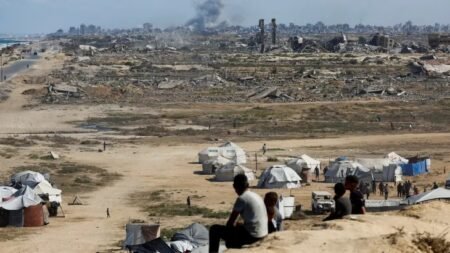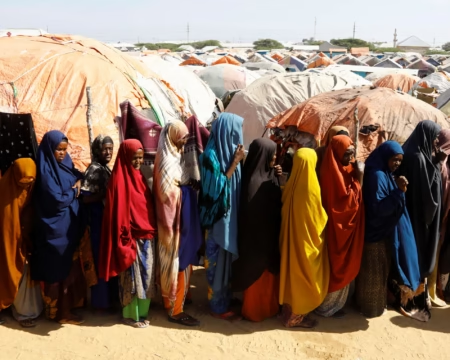The Ministry of Labor is one of the most important government bodies in any country, playing a central role in employment regulation, labor rights, and workforce development. In Afghanistan, the Ministry of Labor and Social Affairs (MoLSA) has become increasingly significant as the nation faces high unemployment rates and a struggling economy. With around 1.5 million Afghan workers currently unemployed, the ministry’s activities have come under the spotlight as it works to connect Afghan laborers with both domestic and international opportunities.
The primary function of a Ministry of Labor is to oversee labor policies, implement employment standards, and regulate working conditions. These responsibilities include ensuring workers’ rights, monitoring workplace safety, and developing programs to improve workforce skills. The ministry also facilitates job creation through partnerships with public and private institutions. In Afghanistan, this includes issuing work permits, organizing vocational training programs, and coordinating with international labor organizations to provide job opportunities abroad.
In recent years, Afghanistan’s Ministry of Labor and Social Affairs has taken several steps to combat rising unemployment by expanding international cooperation. The ministry has been negotiating labor export agreements with countries such as Qatar, the United Arab Emirates, and Russia. These efforts aim to send skilled Afghan workers abroad through official and legal channels. Under these agreements, Afghan workers will receive proper work visas, allowing them to migrate legally, access fair wages, and avoid the dangers of undocumented labor migration.
According to reports from the ministry, over 114,000 work permits were issued in the past year to both Afghan citizens and foreign workers. This indicates a growing momentum in the ministry’s strategy to utilize international labor markets as a solution to Afghanistan’s domestic employment crisis. By creating structured migration opportunities, the ministry is working to ensure that Afghan workers are not only able to find jobs but also do so in safe and lawful conditions.
The ministry collaborates closely with the International Labour Organization (ILO) to align its policies with global standards. This partnership helps Afghanistan adopt best practices in worker protection, skill assessment, and job placement. One of the ministry’s major initiatives involves matching the skills of Afghan workers with the needs of labor-importing countries. This targeted approach ensures that workers are employed in fields where their qualifications are relevant, making them more productive and better paid.
While international employment initiatives are gaining ground, the Ministry of Labor and Social Affairs is also under pressure to address the lack of local job opportunities. Many Afghans argue that the country needs more investment in infrastructure, agriculture, and industrial development to generate sustainable employment. The ministry has acknowledged this challenge and is working on expanding vocational training and small business support programs to stimulate domestic job creation.
Despite these efforts, many workers continue to struggle. Afghan laborers often gather in cities hoping for daily wage work, but the lack of construction projects and institutional job offerings has left thousands without income. The ministry’s work is critical in this context, not only for sending workers abroad but also for pushing for policies that create jobs within the country’s borders.
The Ministry of Labor and Social Affairs has a multifaceted role that goes beyond simply managing employment. It also supports social welfare programs, particularly for vulnerable groups such as women, children, and people with disabilities. By integrating social and labor policies, the ministry aims to improve the overall quality of life for Afghan citizens, especially in rural and underserved areas.
As Afghanistan navigates economic challenges and social transformation, the Ministry of Labor continues to be a key institution in shaping the country’s future. Whether through foreign employment programs or domestic development projects, the ministry’s efforts are vital in reducing poverty, improving livelihoods, and promoting stability in a nation where many are in desperate need of work and opportunity.







